2023-03-17
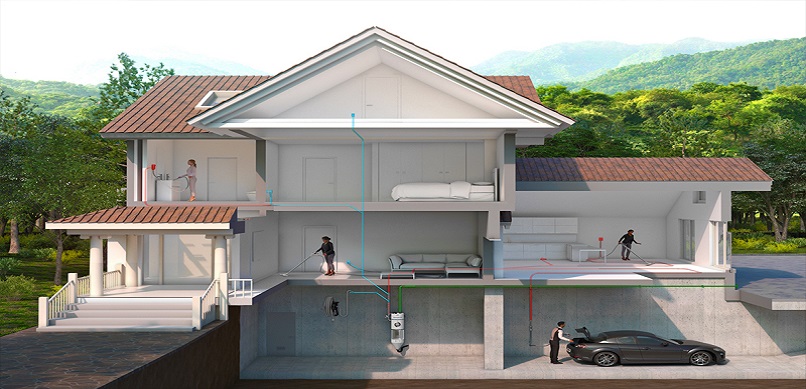
Given their ease of operation, and obvious convenience, Central vacuum systems are more popular than ever today. Once thought of as being restricted to large spaces, and industrial and factory floors, they are gaining mileage among homeowners as well. Today a smart home is incomplete without a central vacuum system. An automatic Central vacuum system saves effort, and time and does not need moving from room to room. They clean better, make air and places germ-free and can be operated by anyone. Maintaining a central vacuum system is relatively low cost and fetches returns in the long run as the economics work out over time. Still, the following few pointers kept in mind, the longevity of a central vacuum system can be improved, and prevent repairs that can prove to be a costly affair. They are easy to follow, and most of them can be done without professional help. Make sure that the central vacuum system installed in your home is properly carried out. Installation is a skilled job, with many processes in it requiring a great deal of precision and expertise. This is the reason why retrofitting, though possible is not always recommended. When you are getting your house built, and the skeleton is ready, make sure you get the central vacuum system fitted. Just like you get a professional electrician or plumber for your fittings, you must get a professional central vacuum system installation expert. Remember that a central vacuum system is a semi-permanent fixture into your buildings, with pipes, hoses, tubes and wires running along the walls and scaffolding of your home. They have experience and expertise, and if done the right way it can help prevent difficulties later on. The motor in the central unit of a Central vacuum system is quite robust and does not require high maintenance. It may however require periodic check-ups, lubrication or oiling. Another area to keep a tab on is the motor brush. Make sure motor brushes are inspected regularly so that they can be replaced when they experience excessive wear and tear. A word of caution here - any replacements that your central vacuum system may need down the line, most probably after a few years of service - be it the motor brush, or the motor itself - always choose the professional. The central vacuum filter is the heart of the system. These filters come in various shapes, sizes and functions. HEPA filters in your central vacuum Typically, central vacuums have a cartridge or a foam filter. They have dirt canisters or filter bags where the dust and debris are collected in the Wet & Dry Central Vacuum System. Many filters can be easily washed and dried, and this is suggested to be done once every 4-6 months for mesh and foam filters. Remove any excess dirt and lint and wash it in warm, mild detergent water to remove any grime and dirt. Air-dry your filter before putting it back into the system. If your system has any other type of filter, it may need replacement. HEPA filters may need replacing once a year. Similarly, filter bags may need cleaning or replacement. Central vacuum hoses need regular checking and cleaning of obstructions, especially when wet waste is being picked up. Clogs are a result of grimy, sticky substances, or even when some big debris gets stuck while vacuuming. You can use chemicals that unclog the drain pipe, but it is not entirely advisable as they can be corrosive. However, a plumber’s snake or vacuum cloth can be used to clear it. Most replacements occur because of damage caused due to improper storage. Keep the hose and cleaning attachments properly – the hose on its hanger, and attachments away. Make a note not to leave any attachments hanging on the hose. Similarly, the brushes, cords and wires need to be inspected. Make sure the brush’s bristles are working in order, and do not have anything knotted in their bristles, like hair, flint or fur. You can also request specific hose inspections or replacements if required. Schedule the examination and inspections as recommended. Some variants might need an annual maintenance check, especially when it is an Industrial Central Vacuum System. Residential vacuum systems may need once every few years on the other hand. Remember that this is important to ensure that the system works properly.1. Ensure proper installation:
2. Check Motors:
3. Inspect vacuum filters:
4. Check vacuum pipes for clogs and debris:
5. Store accessories and attachments properly:
To conclude…
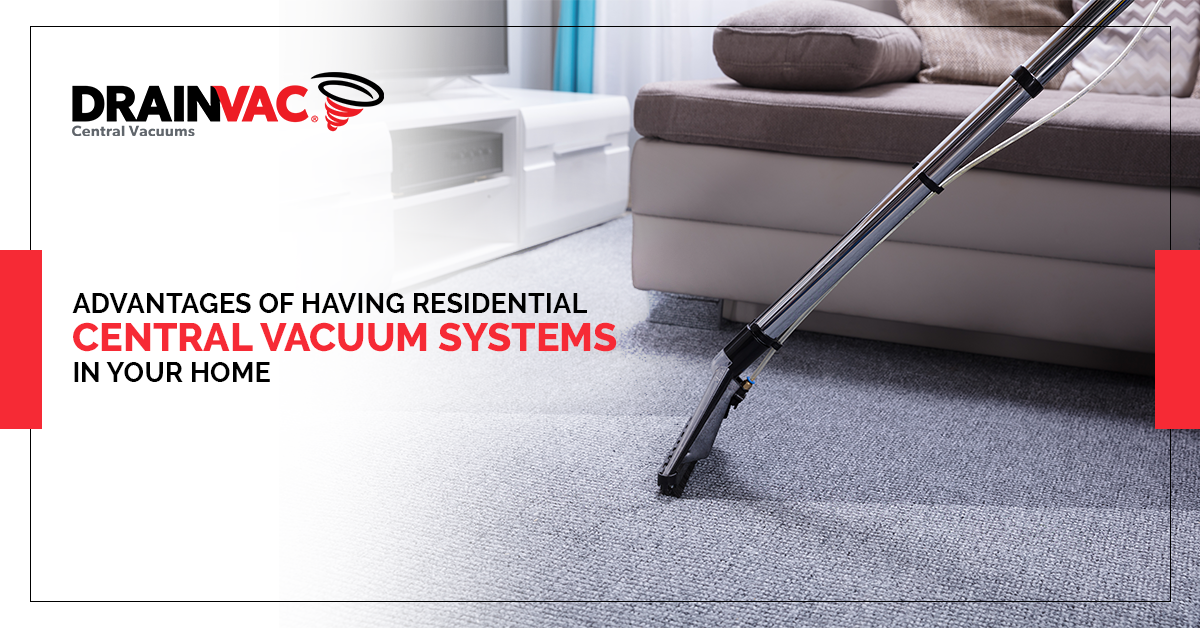
Central vacuum systems have gained popularity f
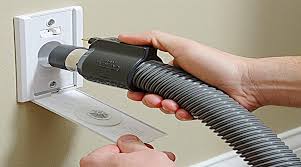
SEO Description: Discover the
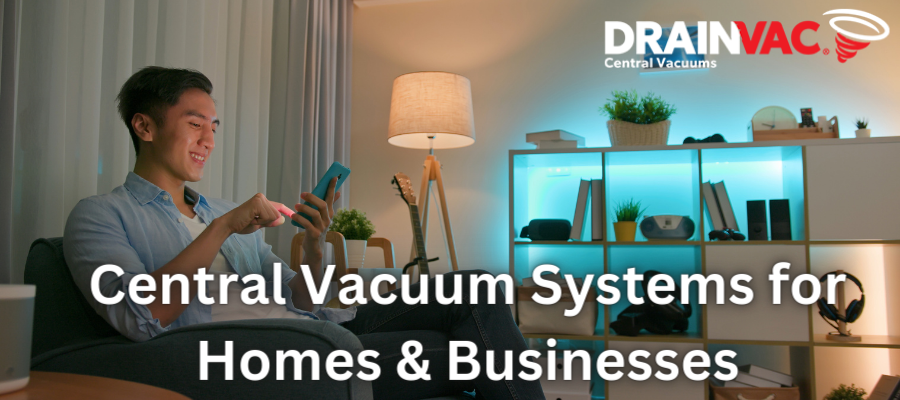
Explore the benefits of central vacuum systems,
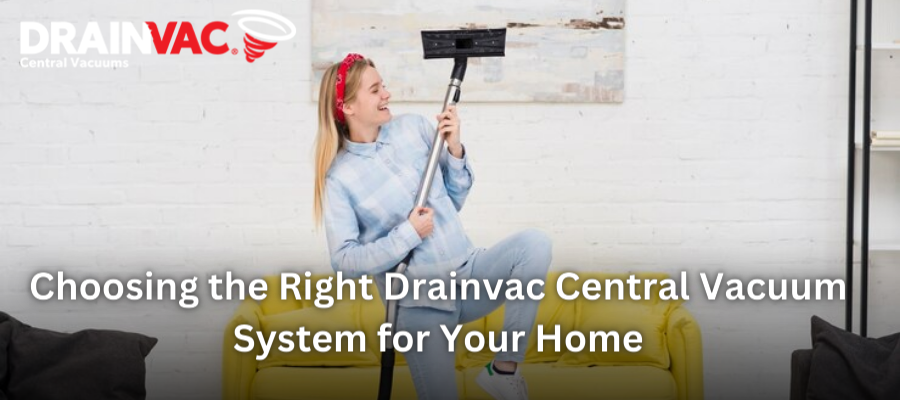
Discover the perfect Drainvac central vacuum sy
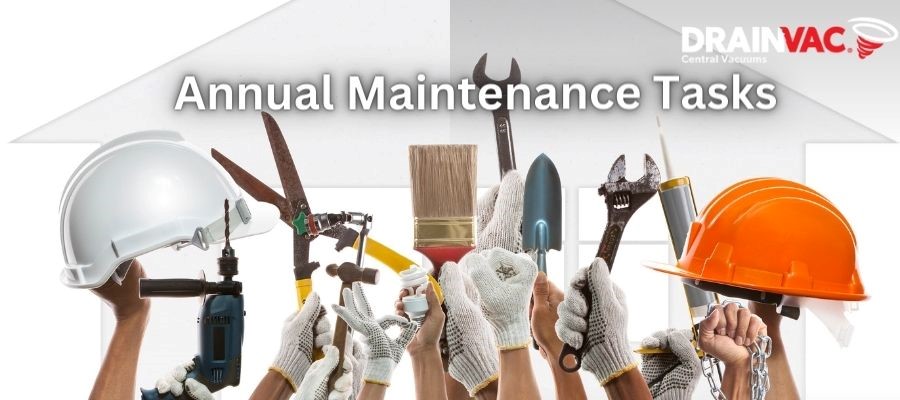
Metadescription: Learn how to

